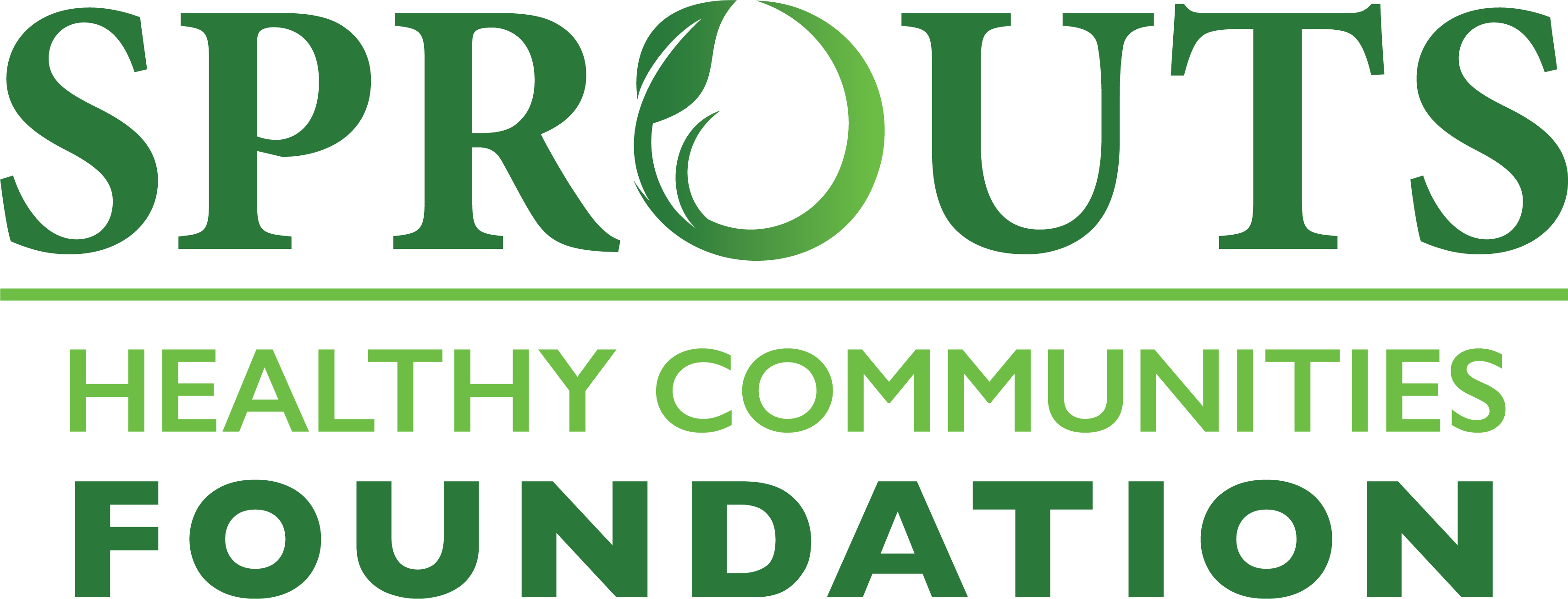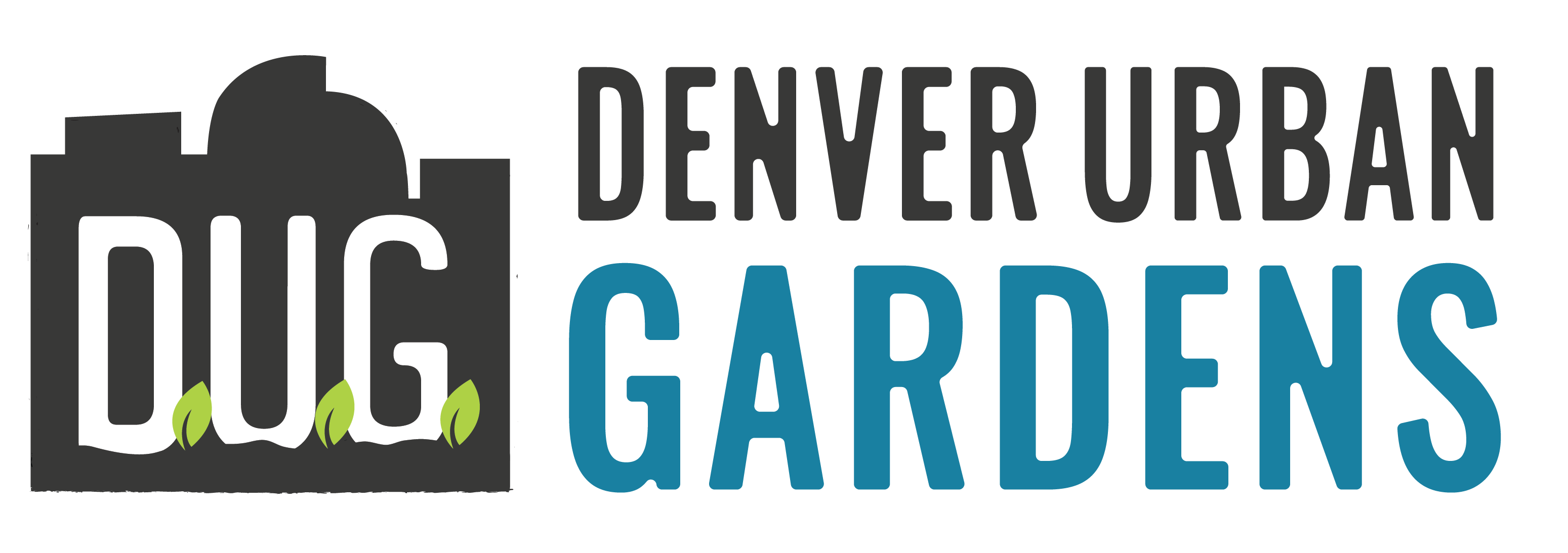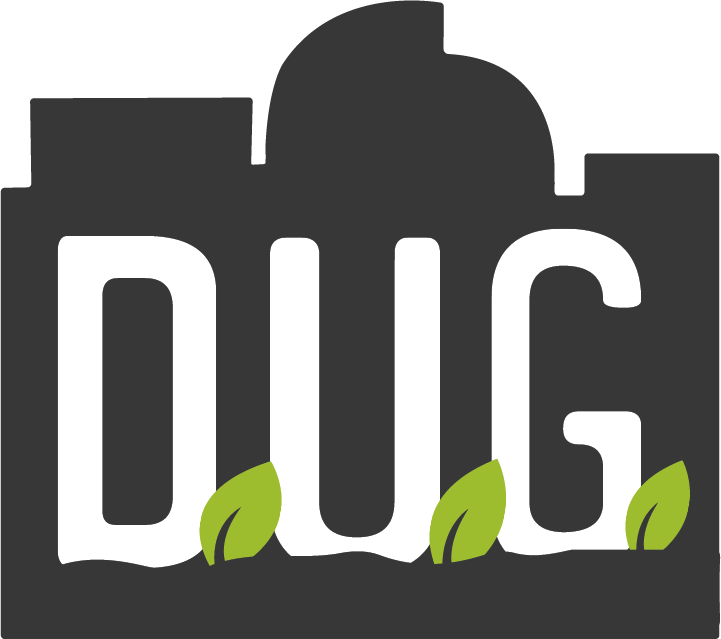Healthy Bodies, Healthy Gardens K-6 Curriculum
Denver Urban Gardens’ Healthy Bodies, Healthy Gardens curriculum provides experiential opportunities for student inquiry and investigation into health, earth and life sciences, math, literacy, and social science.
Our seasonally-aligned lessons bridge nutrition, gardening, and STEM for the elementary (K-6) school classroom and garden. Each lesson includes suggested extensions and modifications as well as a healthy classroom and kid-tested recipe that reinforces the topic and season.
Healthy Bodies, Healthy Gardens lesson plans build upon the Colorado Academic Standards and concepts in science and comprehensive health. Lessons can be adapted to fulfill other grade levels and academic standards, such as literacy, math, social sciences, and art.
Goals
- Build connections between healthy bodies and healthy gardens.
- Teach the course in a way that augments the current classroom curriculum.
- Stress the strength of diversity and respect for those who learn in different ways.
- Increase the relevancy of earth and life sciences through hands-on garden and nutrition lessons.
- Increase students’ nutrition and gardening knowledge.
- Increase students’ nutrition and gardening self-efficacy.
- Increase students’ positive attitudes about healthy eating and gardening.
- Increase students’ daily intake of fruits and vegetables.
Key Messages
- Healthy Bodies = Healthy Gardens
- There are many aspects to being healthy
- Eating fruits and vegetables can be easy
- Know the ingredients for both healthy gardens and bodies
- Be brave and try new foods
- Make half of your plate fruits and vegetables
- Be familiar with your fruits and veggies and the plant parts you are eating
- Eat a rainbow (vary your fruits and veggies and their colors)
- Focus on fiber (eat whole grains, fruits, and veggies)
- Compost completes the cycle
Teaching Principles
Progression and Repetition
Topics are taught in a repetitive manner over time. This allows students to build upon earlier knowledge with new information. This teaching style reiterates the connectedness of these topics, encouraging students to see the correlation between science and their health and other aspects of life.
Multiple Teaching Styles
Nutrition, health and gardening are whole body concepts and activities. As such, we use three different approaches to teaching:
- Lecture and discussion;
- Activities and experiments;
- Sensory experience of lessons taught.
Strengths Perspective
DUG believes that all people have innate capacities that, when encouraged, have potentially powerful and positive impacts on their communities. We tailor our activities to the students’ strengths, for example, directing students to gardening activities that suit their skills and motivations. Additionally, we reward class participation and encourage positive leadership by supporting pro-social behavior.
Interested in having DUG educators visit your classroom or school garden?
We can bring garden-based lessons to your school!
Contact our Youth Education team at programs@dug.org to learn more about how we partner with teachers in metro Denver as part of our Healthy Food for Denver’s Kids programming.





